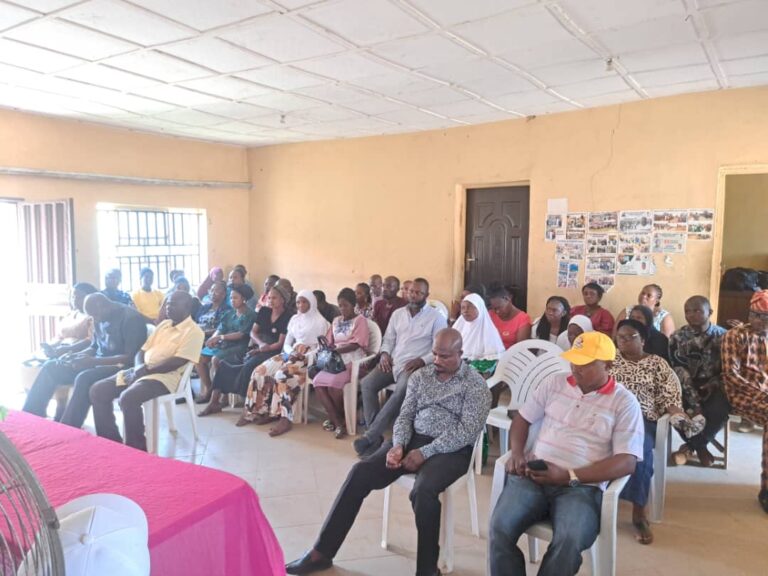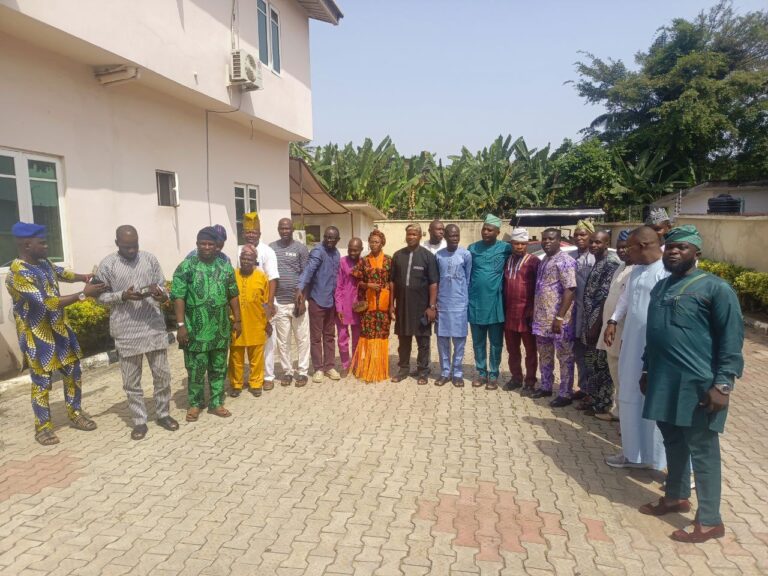
Nurses at the University College Hospital (UCH), Ibadan, have officially joined the ongoing nationwide seven-day warning strike called by the National Association of Nigeria Nurses and Midwives (NANNM). The UCH chapter of the union announced its participation in the industrial action on Wednesday, following a congress held earlier in the day.
The strike, which began at midnight on July 29, is expected to run until August 5, and was declared in protest against the Federal Government’s failure to address longstanding demands relating to the welfare and working conditions of nurses across the country.
Speaking to journalists after the congress, Mrs. Olufunmilola Faminu, Chairperson of the UCH branch of NANNM, emphasized that the decision to strike was not taken lightly, especially given its impact on patients. However, she noted that the association had exhausted all avenues of dialogue with the government.
“Sadly, we are so concerned about our patients; we don’t intend to leave them stranded without our care,” Faminu said. “But we have no choice but to embark on this strike. We appeal to our patients to bear with us.”
According to Faminu, the nationwide strike was initiated following directives from the national headquarters of NANNM after the Federal Government failed to respond to a 15-day ultimatum issued earlier in July.
Key demands put forward by the union include; mass employment of qualified nursing personnel, adequate provision of facilities and medical equipment in hospitals, Creation of a directorate for nursing in the Federal Ministry of Health, Fair representation of nurses and midwives in health policymaking at the federal level, Centralization and standardization of internship training for nurses, Upward review of existing allowances, including shift, uniform, and hazard allowances
“These are not new demands,” Faminu noted. “They are essential needs that will improve not just the welfare of nurses, but also the overall quality of patient care in Nigerian hospitals.”
Impact on Services and Patient Care
While the nurses have withdrawn their services as part of the strike, Faminu assured the public that emergency cases will still be managed by other healthcare professionals, including doctors and available non-striking staff.
“Nurses are the only ones embarking on this strike,” she said. “There are still other healthcare professionals available to respond to emergencies.”
Nonetheless, the absence of nurses who form the backbone of most hospital operations is expected to significantly slow services in wards, clinics, and emergency units, especially in major federal institutions like UCH.
Faminu warned that if the government does not respond positively to their demands during the seven-day warning strike, NANNM will be forced to escalate the action.
“If our demands are not met by August 5, we will issue a 21-day ultimatum in line with labor law,” she said. “After that, we will proceed to a total and indefinite strike until the government does the needful.”
She reiterated that the strike is not intended to punish patients but to press for conditions that will ultimately lead to better service delivery in the health sector.
“This is a just cause. Nurses provide compassionate, competent care across all healthcare settings. All we are asking for is support and recognition of our role in the health system,” she concluded.
The strike continues as nurses across other federal institutions nationwide down tools in solidarity, amid growing concern from health advocates and the general public about the state of Nigeria’s healthcare workforce.








